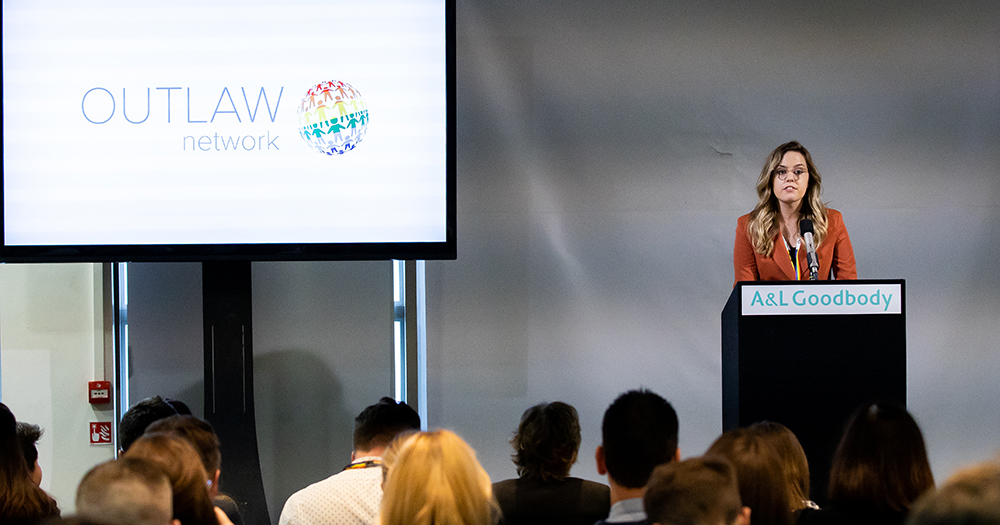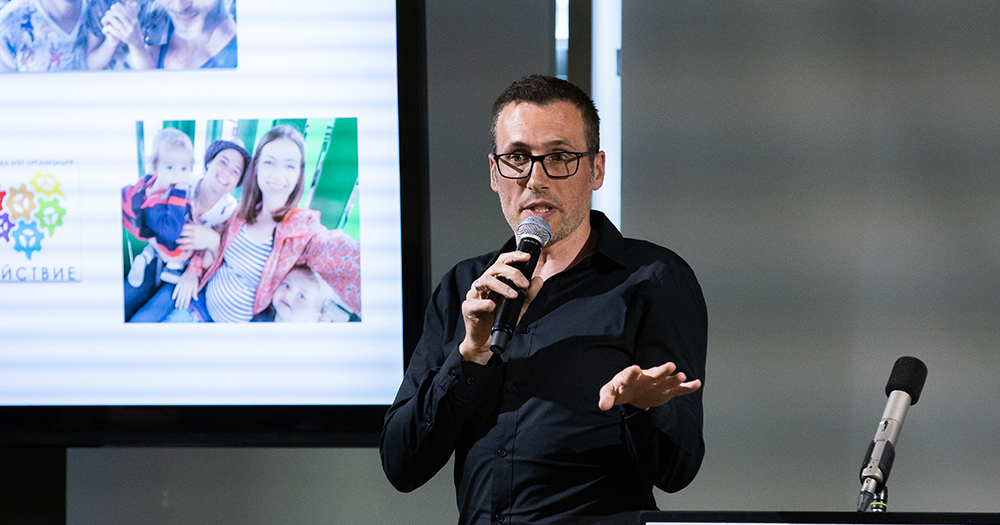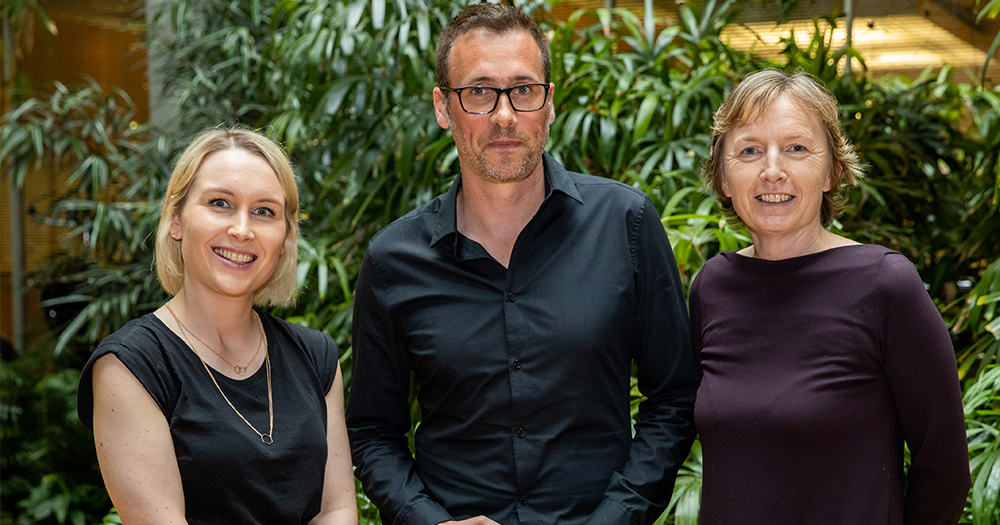‘How close is Ireland to providing full legal rights to LGBT+ families?’ was the topic of discussion at a legal seminar hosted by A&L Goodbody, the Outlaw Network, the Lesbian Lawyers Network in conjunction with LGBT Ireland.
The seminar heard that there are many outstanding issues and delays in introducing legislation and in this, the state is failing children and their LGBT+ parents, with many vacuums and in parts non-existent legislation according to the expert panel. According to Declan Harmon, Barrister at Law (BL) “effectively there is no legislation for many families”.

CEO of LGBT Ireland Paula Fagan called for immediate actions to take place to end 4 years now of frustration for families who are still waiting on the commencement of the 2015 Children and Family Relationships Act and for those not covered by this Act she called for the immediate publication of the Joint Health committee’s report into their pre-legislative review of the General Scheme for Assisted Human Reproduction (AHR) Bill 2017.
Ms Fagan said “we are calling on Minister’s Harris and Doherty to announce the exact date for commencement of Parts 2.3 and 9 of the Children and Family Relationships Act and progress the Assisted Human Reproduction Bill which deals with surrogacy and regulating AHR, including the establishment of an independent regulatory authority. The AHR bill needs urgent and sustained attention to ensure legislation is passed that can deal with the reality of AHR and that will protect existing families as well as those yet to be formed. The Government must learn from the mistakes and repeated delays that have occurred in commencing the CFRA. We are happy and willing to offer any assistance we can to see this desperately needed legislation commenced to ensure no families are left in legal limbo.”
Panellist Dr Lydia Bracken, Assistant Dean of Equality, Diversity & Inclusion at the University of Limerick outlined the case on the Assisted Human Reproduction Bill 2017 (AHR Bill), which is a proposed law for the regulation of surrogacy in Ireland, said “it is not appropriate as it ignores the reality of surrogacy in Ireland. She contends that this bill needs “more consultations with legislators”.
Dr Lydia Bracken explained that “here are two major omissions in the AHR Bill which relate to children who have already been born through surrogacy and international surrogacy and there is no provision in the Bill to recognise children who have already been born through surrogacy. This is significant as Ireland is one of the highest users of surrogacy in the world and so many children have been born through surrogacy to Irish parents. There is no opportunity for the parents to be retrospectively recognised as legal parents in the Bill. This needs to be addressed.”
She outlined that in the proposed legislation, international surrogacy is excluded from the AHR Bill such that the law would only apply to arrangements that take place in Ireland. This ignores the fact that many people travel abroad for surrogacy and would leave their children in a vulnerable position if the international arrangement cannot be recognised in Ireland.
She contends that “the model of parentage set out in the Bill to date is overly complicated and inefficient”, arguing that Irish law should adopt a pre-conception approach to parentage in surrogacy whereby the intended parents are recognised as legal parents automatically when the child is born.”

She also highlighted a number of issues relating to Donor-Assisted Human Reproduction (DAHR) as it is currently regulated in the Children and Family Relationships Act 2015 that need to be addressed and the AHR Bill could be used to amend the law in these areas.
The areas are:
- Non-clinical DAHR procedures
- Retrospective declarations of parentage in cases where a known donor was used
- Reciprocal IVF
- DAHR conducted abroad
The Vice President of the Network of European LGBTQI families Association ( NELFA), Bjorn Sieverding, keynote speaker said that “the discussion now happening in Ireland about how to establish rights for intended parents while also protecting children’s rights to their genetic identity and biological links is happening across Europe. Children need to be able to establish a legal right to the parents who care for them on a daily basis and so legislators need to create laws which addresses all of these issues to bring stability and recognition for all families that exist”.
Deirdre Duffy from the Board of LGBT Ireland, concluded the discussion by saying, “when we’re making these calls in the future or trying to amend the ones that have come before, the laws should recognise families and it shouldn’t be focused on exclusions and gaps. I think that’s the way forward so that we don’t have to have these conversations in the future.”
© 2019 GCN (Gay Community News). All rights reserved.
Support GCN
GCN is a free, vital resource for Ireland’s LGBTQ+ community since 1988.
GCN is a trading name of National LGBT Federation CLG, a registered charity - Charity Number: 20034580.
GCN relies on the generous support of the community and allies to sustain the crucial work that we do. Producing GCN is costly, and, in an industry which has been hugely impacted by rising costs, we need your support to help sustain and grow this vital resource.
Supporting GCN for as little as €1.99 per month will help us continue our work as Ireland’s free, independent LGBTQ+ media.
